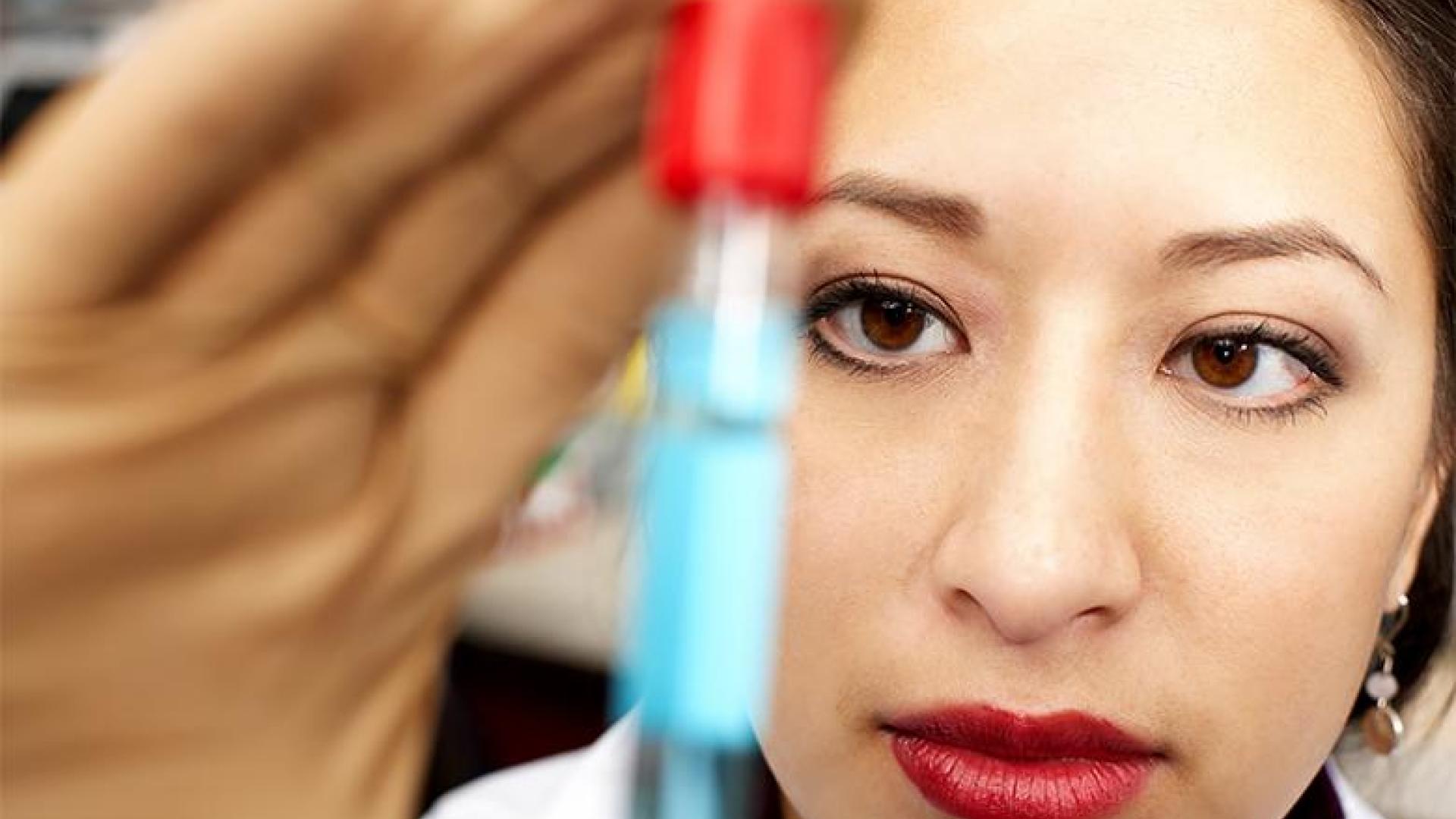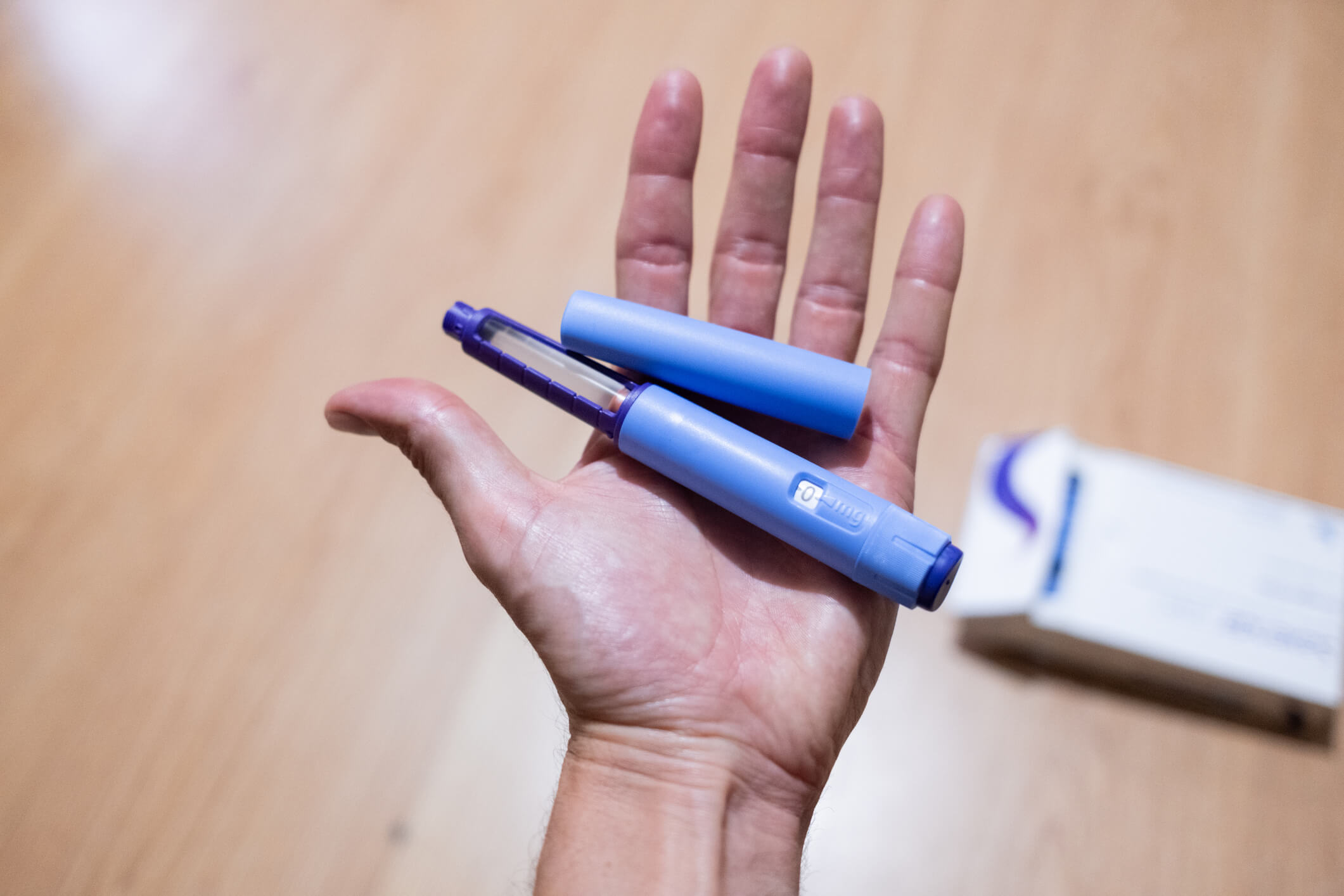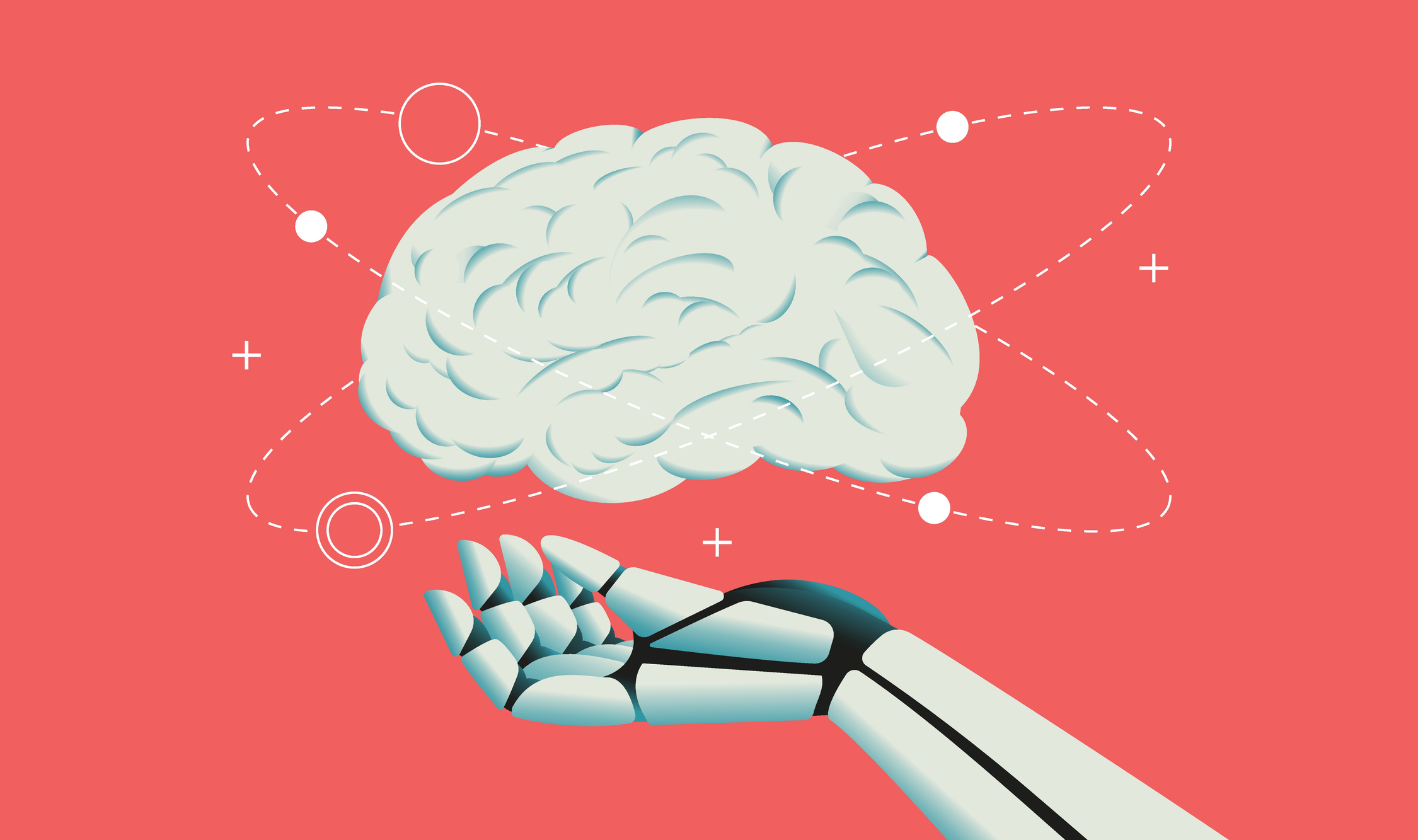
This article explores the question of whether or not you can catch Alzheimer’s disease from others who have it, or if it can be transmitted from one person to another in any way.
CAN I CATCH BOB’S DISEASE?
Barbara, age 77, brought her anxious husband to the memory clinic for assessment. “Bob has been having a lot of trouble with his memory for about a year, now, and he gets confused all the time. Our family doctor says he probably has Alzheimer’s disease, like his mother did. I’m worried about my memory, too, and I wonder whether I can catch Bob’s disease? Is that possible?”
Fortunately, there is no convincing evidence of a significant risk for “catching” Alzheimer’s disease (AD) from another person. I really want to emphasize this. Contact with people who have AD will not give you that disease! But the answer to Barbara’s question is a little more complicated than a simple “no.” I’ll discuss three related concerns. First, can you inherit AD from your parents? Second, can you develop AD from contact with others who have it? And third, can AD be transmitted from one person to another in any other way? I’ve included some interesting references at the end of this article if you’d like to read more about any of these issues.
Can You Catch AD from Your Parents?
AD can be inherited in the genes you receive from your parents at birth, or it can occur “sporadically,” which means by apparently random bad fortune. Among the 5 percent of early-onset cases that are clinically apparent before age 60, the majority represent the effects of inherited gene mutations that increase the development of the two hallmarks of AD: amyloid plaques and neurofibrillary tangles. Amyloid plaques are caused from the accumulation of the beta amyloid protein inside of brain cells. The neurofibrillary tangles are twisted fibers found inside the brain’s cells. These tangles consist primarily of an abnormal version of a protein called tau.
Half the children of a parent with genetically-inherited early-onset AD will be at very high risk for themselves developing the disease. Late-onset AD (after age 60), is less completely determined by genetic factors. Evidence is accumulating, however, in support of there being some inherited risk. The E4 version of the gene that codes for the protein ApoE is the best known of the genetic risk factors for late onset AD, but genetic testing for risk assessment is not encouraged. That is because many people have the gene but never develop the disease, while many others have the disease and not the gene, so detecting its presence might be falsely alarming while its absence might offer empty reassurance.
Can You Catch AD from a Non-Relative?
Research has shown a significantly greater risk for cognitive decline in the caregiving spouses of people with AD than for non-caregivers. These tested spouses scored lower on measures of attention, processing speed, and memory than spouses of people without dementia. Researcher Peter Vitaliano has called this an “ironic tragedy” and suggested some of the reasons caregivers may be at greater risk for cognitive decline than non-caregivers.
First, caregiving is an inherently stressful activity. This stress is associated with damaging metabolic changes. Obesity, insulin resistance, high cortisol levels and systemic inflammation are consequences of high stress. They are also involved in the development of AD.
Second, caregivers too often slip into an unhealthy lifestyle. Caregiving can promote sleep deprivation, exhaustion, reduced physical activity, reliance on a convenient rather than nutritious diet, increased social isolation, disruption of outside relationships and activities, and constant worry.
Finally, in addition to whatever direct harmful effects these lifestyle factors have on cognitive functioning, they also promote anxiety and depression. An anxious or depressed person often does poorly on cognitive testing, sometimes poorly enough to resemble dementia even if their cognitive functioning is better than it seems on the test.
Can AD be Transmitted from One Person to Another?
Studies with mice have demonstrated that injection of brain extracts containing beta amyloid can promote transmission of amyloid pathology, though not tau pathology, (two of the hallmarks of Alzheimer’s disease) from affected to unaffected animals. No epidemiological evidence supports the idea that a human can contract AD through contact with an affected individual, but two small studies (see the Further Reading section) have led researchers to consider this possibility.
Additional thought-provoking research, carried out by researchers funded in part by the BrightFocus Foundation (see the Further Reading section) have suggested that tau pathology can spread throughout the brain as a consequence of misfolding of normal tau protein. There is no evidence supporting transmission of tau pathology from one person to another, although the injection of neurofibrillary tangles into the brains of experimental animals has been shown to stimulate tangle growth. These experiments, which show that tau pathology may be transmissible, have led to the development of anti-tau antibodies which may someday contribute to AD treatment. Again, tau pathology but not clinical AD was transmitted.
In discussing this topic, it is important to emphasize that no epidemiological evidence supports the idea that a human can contract AD from contact with an individual who has this brain disease. Consequently, nobody needs to worry about catching AD. On the contrary, these findings about plaques and tangles are stimulating researchers to look for AD treatments that work in new and different ways.
What Can Be Done to Lower Risk of Alzheimer’s?
We can’t choose our parents, and therefore we can’t affect inherited genetic risk factors. The most important lesson to draw from the answer to Barbara’s question is that caregivers can probably protect and improve their health by maintaining as healthy a lifestyle as possible. Caregivers need to make sure their own medical issues are addressed. Peer support and management of anxiety or depression will help a caregiver shoulder the difficult burden of assisting a relative with dementia. In addition, it’s important to make time for relaxation, physical activity, and social interaction outside the caregiving role. Adequate sleep and a nutritious diet, too, are necessary for health maintenance. A geriatric care manager, social worker, behavioral health consultant, or primary care clinician may be able to suggest additional support to maintain a caregiver’s health and reduce their own risk of developing AD.
About BrightFocus Foundation
BrightFocus Foundation is a premier global nonprofit funder of research to defeat Alzheimer’s, macular degeneration, and glaucoma. Since its inception more than 50 years ago, BrightFocus and its flagship research programs—Alzheimer’s Disease Research, Macular Degeneration Research, and National Glaucoma Research—has awarded more than $300 million in research grants to scientists around the world, catalyzing thousands of scientific breakthroughs, life-enhancing treatments, and diagnostic tools. We also share the latest research findings, expert information, and resources to empower the millions impacted by these devastating diseases. Learn more at brightfocus.org.
Disclaimer: The information provided here is a public service of BrightFocus Foundation and is not intended to constitute medical advice. Please consult your physician for personalized medical, dietary, and/or exercise advice. Any medications or supplements should only be taken under medical supervision. BrightFocus Foundation does not endorse any medical products or therapies.
- Genetics
- Lifestyle
- Risk Factors









